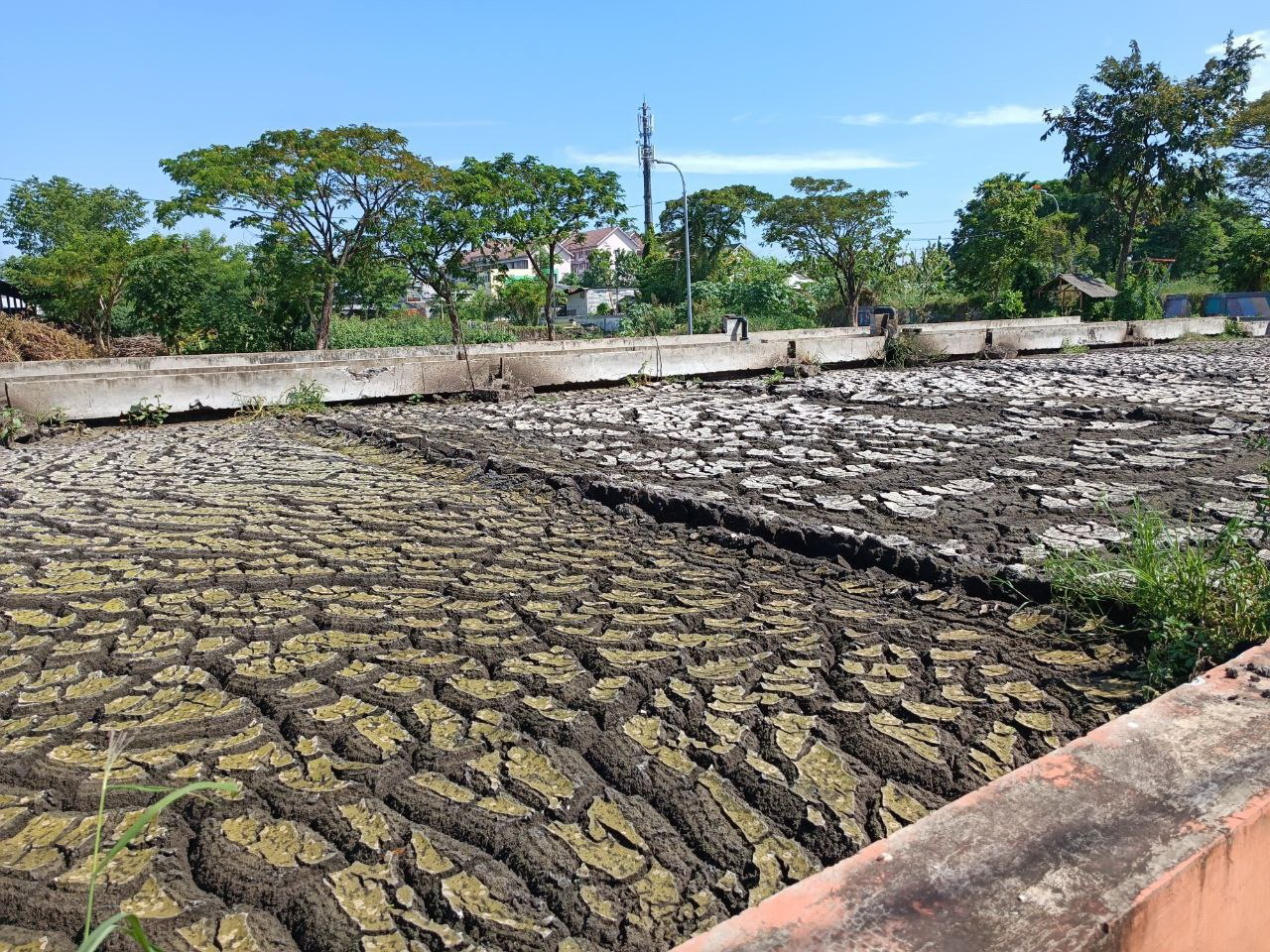TSU Agrobiotech, TSU Biological Institute, and Institut Teknologi Sepuluh Nopember (ITS) have begun work on a technology for cleaning industrial wastewater originating from palm oil production and processing.
Thanks to the TSU delegation’s visit to Indonesia, the first Siberian university and ITS signed a memorandum of understanding and reached an agreement on implementing joint projects. Under one such project, Tomsk and Indonesian scientists will work on a flotation- and destructor microorganisms-based biotechnology for disposal of waste caused by palm oil production and industrial activity.
“Indonesia is one of the leading world manufacturers of palm oil, thus the disposal of the occurring and existing waste is a relevant issue,” comments Andrei Trifonov, staff scientist at Laboratory of Engineering Surveying and Nature Management, TSU Biological Institute. “The growing numbers of oil palm plantations and the expanding palm oil industry can have a negative impact on the entire world, which increases the importance of cleaning technologies and treatment of large amounts of waste.”
The flotation principle—which is also present in Aeroschup, a TSU-produced technology—will be used for solving the issue. The principle is used for treating bottom sediments and has proven its efficiency in Russia.
Consortia of destructor microorganisms will be created that are capable of dissolving detrimental compounds through oxidization and dissolution into safe compounds: TSU Biological Institute scientists already have a track record in cultivating microorganisms and applying them.

Apart from developing ecologically aware palm oil waste management approaches, the parties also aim to work on cleaning bottom sediments of coastal marine areas, including docks, from oil waste and assessing the micro- and macroplastic content of Indonesian water bodies.
TSU Biological Institute scientists have gained extensive experience in creating new technologies and hardware for cleaning and restoring river, lake, soil, and pine forest ecosystems under the federal program Priority 2030. The Institute received multiple patents for intellectual property products manufactured for restoring degraded or destroyed ecosystems.